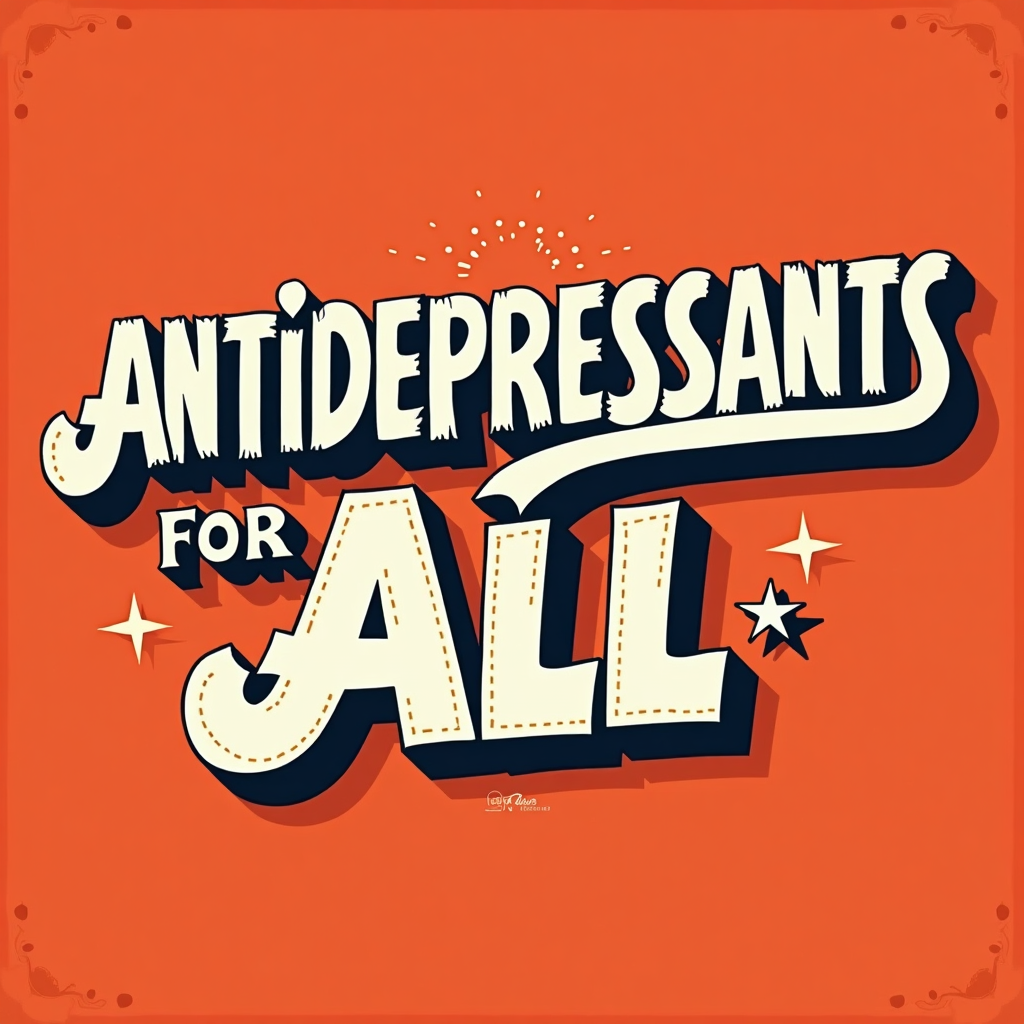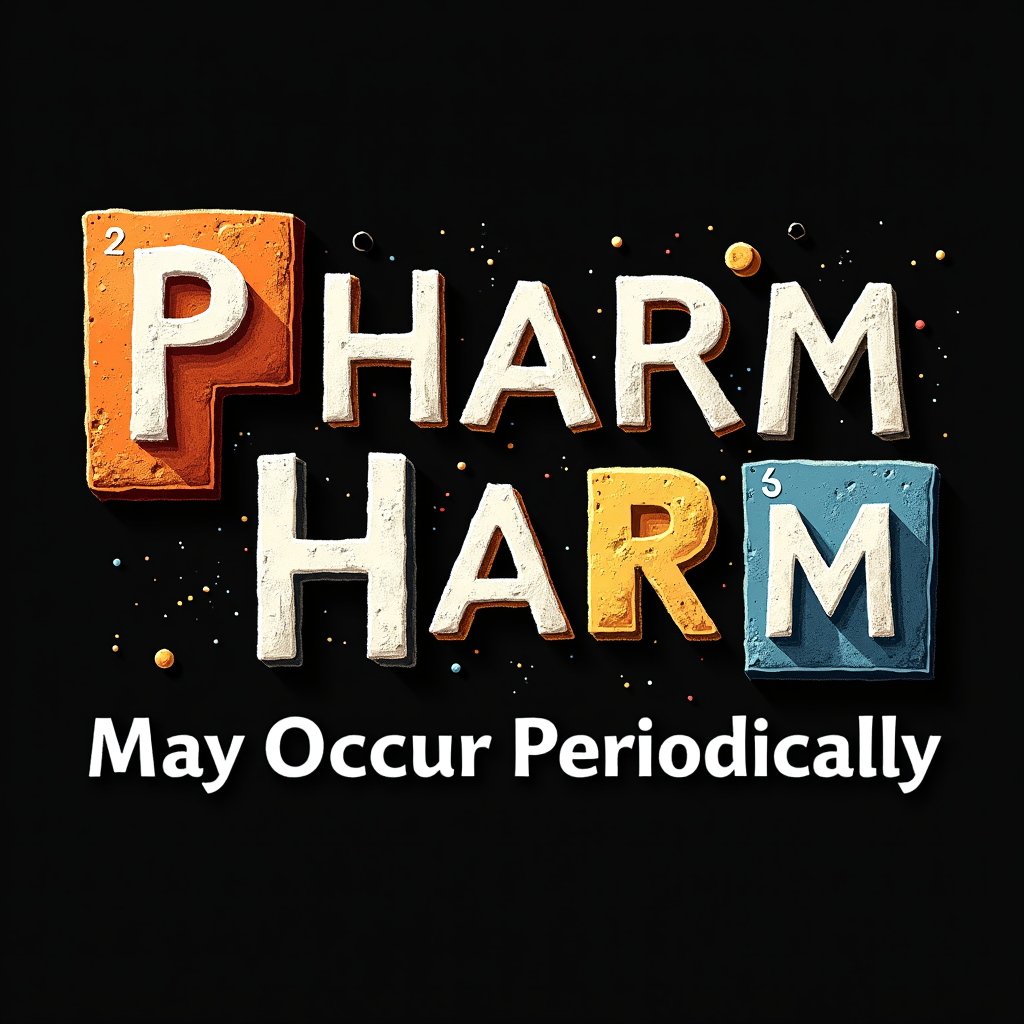The Truth Behind Antidepressants – And What So Many Are Now Realizing
When they handed you a prescription for that little “happy pill,” they didn’t tell you what it really meant.
Sure, you may have been told it would lift your mood. Help with your anxiety. Make life feel more manageable again.
And in the short term, it might do just that.
But no one tells you what might happen later — the long-term side effects, the emotional changes, the ripple effect through your relationships, and the withdrawal that can feel like your brain is falling apart from the inside.
More People Are Waking Up
Today, there are over 150,000 people on Facebook alone asking for help getting off these drugs. That number doesn’t include the thousands more on Reddit, YouTube, support forums, and in-person groups around the world. There are non-profits and doctors who are adding their voice and helping those who suffer silently.
They all have similar stories. For many, it’s a copy/paste of a different person, same reactions, same outcome. Advocates are adding their voices for those who can’t speak. They’re asking questions and demanding answers.
- Were you given a second medication to manage the side effects of the first?
- Did you begin to feel disconnected, irritable, numb?
- Have your relationships changed — or even fallen apart?
- Did anyone tell you what would happen if you tried to stop?
How It Usually Begins
A patient walks into a doctor’s office.
They’re overwhelmed. Tired. Anxious.
They say, “I’m not feeling like myself.”
The doctor listens and responds:
“Sounds like depression with a little anxiety, perhaps a chemical imbalance. Let’s start you on something.”
A pill is prescribed — often after just a few questions.
“You might feel a few side effects for a week or two. Give it time. Call me if anything changes.”
That’s it.
What If You Were Told the Truth?
Imagine the doctor said this instead:
“This is a strong drug. It will change the way you think, feel, love, and interpret the world.
It may affect your sexuality. It may impact your closest relationships.”
They’d also say:
- “The effects may wear off after about a year. You’ll likely need a higher dose.”
- “It could make you emotionally numb. You might not react — even if someone close to you dies.”
- “This drug increases serotonin, and too much can cause emotional detachment, anxiety, or the inability to feel.”
At a therapeutic dose, around 80% of your brain’s serotonin receptors are occupied by the drug.
And serotonin doesn’t just affect mood. It impacts sleep, memory, motivation, empathy, social behavior, and impulse control — across 14 different receptors in your brain.
You may feel “better,” but you’re not the same person.
Your loved ones may notice.
You may not.
Side Effects That Go Beyond the Physical
Side effects range from “mild” physical issues to life-altering emotional symptoms.
Many people report:
- Losing their patience
- Sudden anger or irritability
- Relationship breakdowns
- Emotional numbness
- Apathy toward people and life events
In some cases, suicidal thoughts emerge — not despite the drug, but because of it.
That’s why these medications carry a Black Box warning — the FDA’s strongest label.
Yes, pharmaceutical companies have been sued over this. The risk is real, no matter how small they make it sound in the commercials.
And Then Comes the Withdrawal
The thing most people aren’t told?
If you try to stop taking these drugs, the withdrawal can be devastating.
Not just a little dizziness or fatigue.
We’re talking:
- Brain zaps
- Nightmares
- Panic attacks
- Rage
- Intense fear
- Profound sadness or detachment
Doctors often downplay this, calling it “discontinuation syndrome.”
But for many, it feels like their brain is spiraling out of control.
How the Cycle Begins
Six months in, the patient returns:
“At first it was great — I felt calm, energetic. But now I’m exhausted. I don’t enjoy anything. My sex life is gone. I sweat all the time. I’m hot and irritable. I get weird head sensations if I miss a dose. I don’t know what’s happening.”
The doctor responds:
“Sounds like it’s wearing off. Let’s increase the dose. And maybe add another drug to help with those side effects.”
And so it begins.
A cycle that can last years. Even decades.
What If the Doctor Looked Deeper?
What if they looked up the symptoms and found thousands of patients reporting the same thing?
What if they realized this drug was never tested for long-term use?
Would they have stopped to ask:
“Could this be drug-induced?”
Would they have paused long enough to say:
“Let’s talk about how to get you off this safely”?
How Tapering Really Works
The truth is:
You can’t just stop.
Your brain has adapted to the drug. You need to taper slowly, using a method called hyperbolic tapering — reducing smaller amounts each time to minimize withdrawal symptoms.
Think of it like this:
Your brain is a child having candy taken away in a grocery store. It will scream.
It will panic.
You will feel that panic as “side effects.”
But it’s not just you. It’s your brain recalibrating — and it needs time.
The Apology That Never Comes
“I’m sorry I didn’t warn you.
Yes, this drug can affect your heart, your nervous system, your ability to feel.
Yes, there may be long-term effects.”
And maybe — just maybe — you’ll hear this:
“Let’s start healing. Let’s take care of your brain and body.”
Real Recovery Starts with Truth
That means:
- Moving your body
- Journaling your thoughts
- Spending 30 minutes a day with no noise, no phone, no social media
- Doing something human — walking, painting, crocheting, baking, resting
Healing is possible.
But it takes time.
It takes compassion.
And it takes people telling the truth.
You were never broken.
You were misled.
Now it’s time to reclaim your story.

